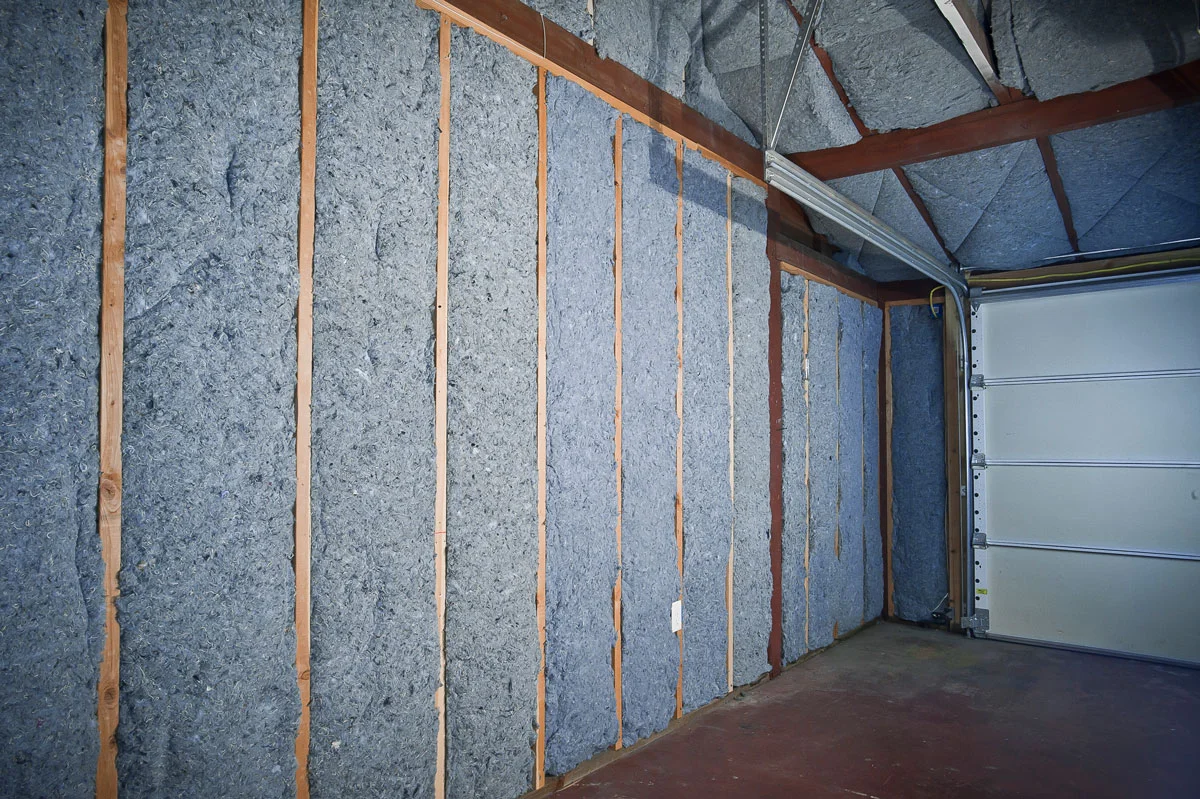Hire Expert Professionals for Natural Stone restoration in Melbourne
Your house is warmed by a system put under your flooring via underfloor insulation for timber floors. Underfloor insulation's main objective is to keep heat inside your home throughout the cold, preventing heat loss. Additionally, it keeps your house cool throughout the heat.

In fact, the new build wall insulation estimates that forty-five percent of the heat in your house may be lost via solid walls. Your house may be substantially warmer with solid wall insulation, and you can reduce your energy costs. Heat and cold air may readily escape through the floor in the absence of insulation. Additionally, insulation lowers energy expenses and preserves air quality.
The Top Advantages of Underfloor Insulation
- Heat Transfer Efficiency- By installing underfloor insulation, you may increase the thermal efficiency of your house or place of business. In essence, this implies that it will not need as many heaters and air conditioners to maintain comfortable temperatures throughout the year, which takes us to our second advantage.
- Reduced Use of Man-Made Air- You needs fewer heaters and air conditioners when your home can sustain acceptable temperatures on its own. Naturally, it is best to use these less often. Less usage of energy-consuming appliances like furnaces and air conditioners will result in lesser energy bills with your gas and electricity providers.
- Reduce Your Carbon Footprint- They not only take more than we need, but we also take it in excess. You may protect the environment by installing underfloor insulation, using artificial cooling, and heating systems less often.
Keeping Cold Air out through the Floor- Holes and cracks in floorboards enable cold air to seep in, making a house colder in the winter. By adding underfloor insulation, you effectively build a barrier between the outside air and your floorboards, preventing air from seeping in through the flooring. To know more contact the experts!













Post a Comment